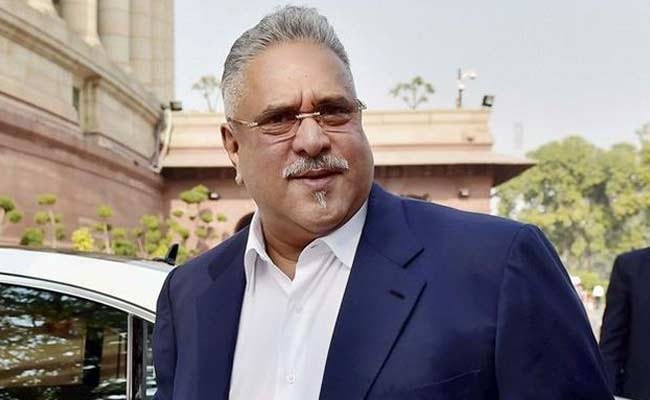
Vijay Mallya, currently in UK, is wanted in India for over a billion dollars in unpaid loans given to its now defunct Kingfisher Airlines.
- Red corner notice sought against Mallya; similar to international warrant
- UK had told India it won't deport Mr Mallya, but help with extradition
- Mr Mallya is wanted in India for defaulting loans of billions of dollars
Did our AI summary help?
Let us know.
New Delhi:
To bring Vijay Mallya to India to face charges, the Enforcement Directorate has asked Interpol to issue a red corner notice, which is similar to an international warrant.
This comes after Britain told India that it can't deport the liquor baron under its laws but can help with his extradition.
The foreign ministry said yesterday in a statement: "The UK Government has informed us that under the 1971 Immigration Act, the UK does not require an individual to hold a valid passport in order to remain in the UK if they have extant leave to remain as long as their passport was valid when leave to remain or enter the UK was conferred."
Vijay Mallya, whose passport was cancelled last month, is wanted in India for over a billion dollars in unpaid loans. New Delhi had formally requested London that he be deported, which is faster than the process of extradition under a treaty between two governments.
"The UK acknowledges the seriousness of the allegations and is keen to assist Government of India. They have asked us to consider requesting mutual legal assistance or extradition," the foreign ministry said.
Mr Mallya, 60, is also being investigated for money-laundering. He flew to London on March 2 as banks attempted to recover around 9,000 crores loaned to his collapsed Kingfisher Airlines.
The Enforcement Directorate is looking at whether Mr Mallya used part of a loan to purchase properties abroad, an allegation he has denied. A Mumbai court has issued an arrest warrant for him linked to this charge.
The flamboyant businessman has ignored a series of orders to return to India to face investigations and his creditors.
Last week, he pre-empted his expulsion from the Rajya Sabha or Upper House of Parliament by sending a resignation letter from London, saying he didn't want his name and reputation to be "further dragged in the mud".
This comes after Britain told India that it can't deport the liquor baron under its laws but can help with his extradition.
The foreign ministry said yesterday in a statement: "The UK Government has informed us that under the 1971 Immigration Act, the UK does not require an individual to hold a valid passport in order to remain in the UK if they have extant leave to remain as long as their passport was valid when leave to remain or enter the UK was conferred."
Vijay Mallya, whose passport was cancelled last month, is wanted in India for over a billion dollars in unpaid loans. New Delhi had formally requested London that he be deported, which is faster than the process of extradition under a treaty between two governments.
"The UK acknowledges the seriousness of the allegations and is keen to assist Government of India. They have asked us to consider requesting mutual legal assistance or extradition," the foreign ministry said.
Mr Mallya, 60, is also being investigated for money-laundering. He flew to London on March 2 as banks attempted to recover around 9,000 crores loaned to his collapsed Kingfisher Airlines.
The Enforcement Directorate is looking at whether Mr Mallya used part of a loan to purchase properties abroad, an allegation he has denied. A Mumbai court has issued an arrest warrant for him linked to this charge.
The flamboyant businessman has ignored a series of orders to return to India to face investigations and his creditors.
Last week, he pre-empted his expulsion from the Rajya Sabha or Upper House of Parliament by sending a resignation letter from London, saying he didn't want his name and reputation to be "further dragged in the mud".
Track Latest News Live on NDTV.com and get news updates from India and around the world

